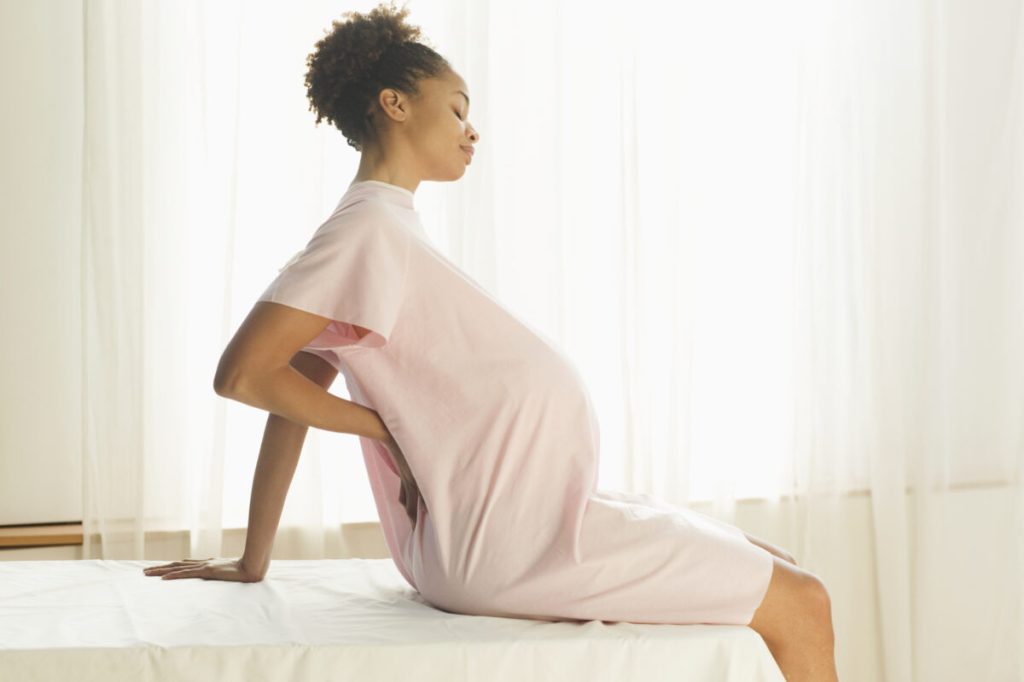New study exposes alarming rise in unplanned C-sections among Black women, sparking urgent conversations about disparities in maternal healthcare.
The findings from this new study are alarming—it’s deeply concerning that these disparities are so significant and widespread.

A recent study reveals that pregnant Black women are 25% more likely than white women to undergo cesarean section deliveries.
Research from the National Bureau of Economic Research shows that between 2008 and 2017, 21% of Black women in New Jersey with unplanned deliveries had C-sections, compared to 17% of white women in the same situations. Researchers suggest this gap may be influenced more by provider preferences than by the specific needs of the mothers.
The disparity narrowed slightly when researchers considered medical risk factors, sociodemographic factors, hospitals, and medical practice groups. However, the gap disappeared entirely when adjusting for facility availability—specifically, when scheduled C-sections were being performed at a hospital, the racial difference in unscheduled C-sections between Black and white women almost disappeared.
“What our findings suggest is that this disparity is unlikely to be due to something the physician is noticing that we, as researchers, cannot see in the medical records,” said Adriana Corredor-Waldron, assistant professor of economics and co-author of the research paper.
“If Black mothers were truly better candidates for these unscheduled C-sections, the gap should remain, regardless of whether the operating rooms are busy or not.”
The study analyzed nearly 1 million births across 68 hospitals in New Jersey, with researchers suggesting that implicit racial bias among providers could be a factor in the disparity. They also pointed out that some hospitals may have a “financial incentive” to keep operating rooms in use.
“The findings from this new study are alarming—it’s deeply concerning that such stark disparities exist,” said Mark Simon, M.D., chief medical officer at Ob Hospitalist Group (OBHG), in an interview with Healthline.
“The CDC has released data that clearly shows national variations in C-section rates across states, with New Jersey ranking among the highest,” Simon noted. “However, this issue is not unique to New Jersey—maternal mortality disparities, especially across racial and socioeconomic lines, are also well-documented.”
C-section rates in the U.S. have increased in recent years, with many of these procedures scheduled in advance, raising concerns about their medical necessity. Currently, planned and unplanned C-sections make up about one in three births in the U.S., far exceeding the World Health Organization’s recommended rate of 10–15%.
The new research highlights that this trend disproportionately impacts Black women, though the exact reasons for the disparity are still unclear.
“We don’t have the data to pinpoint exactly what’s causing this, whether it’s a lack of patience or cultural misunderstandings between physicians and patients of different races. We simply don’t have enough data to answer that,” Corredor-Waldron explained.
“What we do know, based on conversations with some ob-gyns, is that they consider factors like perceived risk,” Corredor-Waldron added. “Many are aware of the CDC reports on high infant mortality rates among Black infants, which might lead them to think, ‘I don’t want to risk any complications, so I’ll opt for an emergency C-section.’”



